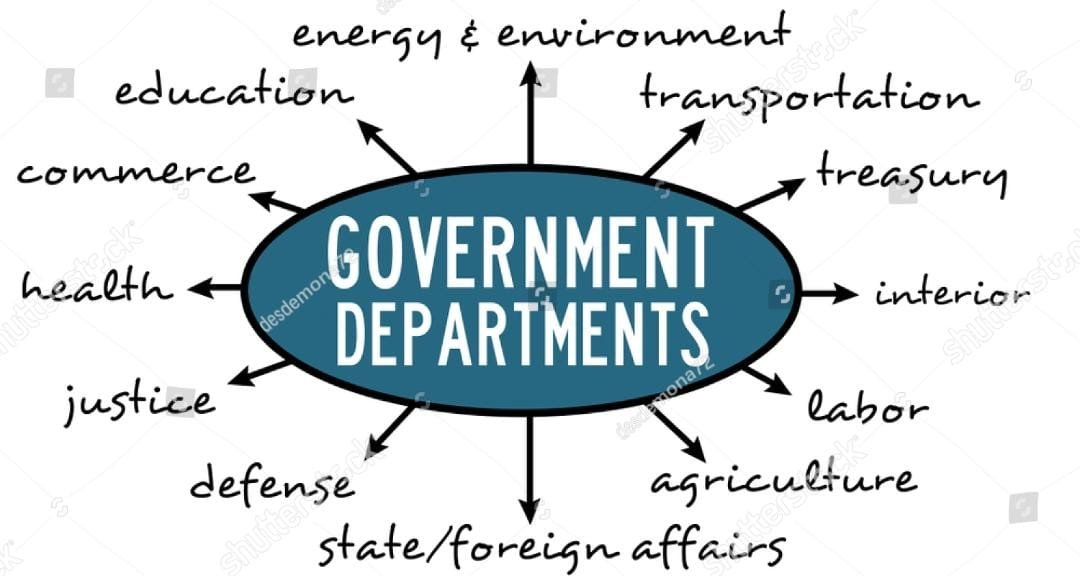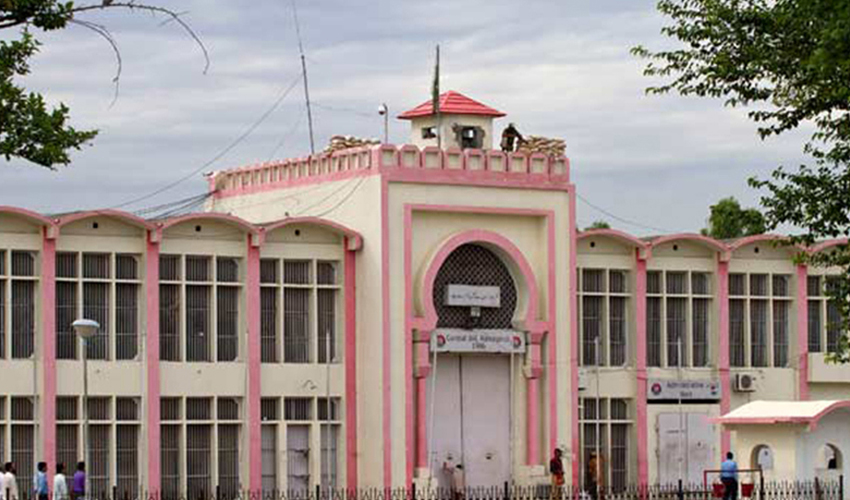Tariq Mahmood Awan
The governance crisis in Punjab arisis from the constitutional misplacement of authority. Schedule 4 of the Constitution clearly reserves to the provinces all subjects not enumerated in the Federal Legislative List, affirming their legislative competence. Law, by definition, means legislation enacted by the legislature. A department or ministry exists only to assist the government in legislation and policy, while attached departments and authorities serve as executing arms. If authorities require statutory backing, then parent departments too must be established by law. Yet, the executive—chief minister and chief secretary—seeks to bypass legislation, undermining legislative supremacy and accountability. Both rely on the rules of bussiness to create departments, which is unconstitutional and legislative manipulation.
The debate over how government departments are created and operated in Pakistan is not merely an administrative or technical matter; it strikes at the very foundation of constitutional law and governance. Punjab, the country’s largest province, provides an illustrative case of how weak legal foundations can undermine the legitimacy of institutions. At present, most departments in Punjab exist under the Rules of Business, framed in accordance with Article 139 of the Constitution. Yet, this arrangement raises serious questions, for the Rules of Business are only procedural instruments, not substantive laws.
The Constitutional Framework
The Constitution of Pakistan lays down a clear hierarchy of laws. At the top is the Constitution itself, followed by statutes enacted by the national or provincial legislatures. Subordinate legislation—rules, notifications, and executive orders—comes afterward and cannot override higher laws. In light of this hierarchy, the Rules of Business are designed only to allocate work among different organs of government; they are not meant to create new rights, duties, or institutions.
The Supreme Court of Pakistan’s landmark judgment in the Mustafa Impex Case (PLD 2016 SC 808) is particularly instructive. The Court held that “law” means only legislation passed by Parliament or a provincial assembly in the form of an Act. It clarified that Rules of Business are neither a substitute for legislative action nor a source of independent authority. In simple terms, the Court declared that executive powers cannot be stretched beyond what the Constitution or a statute expressly permits.
Departments Without Statutory Backing
Applying this principle to Punjab’s governance framework leads to a troubling conclusion. If departments are created only through the Rules of Business, without formal legislative enactments, their very foundation is constitutionally questionable. Their regulatory functions, financial authority, and administrative structures all rest on shaky ground. A subordinate instrument like the Rules of Business cannot override or fill the role of the Constitution or legislation.
This raises a vital issue: how can such departments exercise authority, implement fundamental rights, levy regulations, or design policies without statutory backing? The absence of a solid legal basis renders their acts vulnerable to judicial scrutiny. At best, they operate in a legal grey area; at worst, they lack constitutional validity altogether.
The Limited Role of Rules of Business
It is essential to understand what the Rules of Business are actually designed for. They are meant to distribute business among already established departments and specify how work flows through government. Their role is administrative, not legislative. When they are stretched to “create” departments, they exceed their constitutional mandate. This distinction is not a matter of semantics; it is about the separation of powers and respect for legislative authority.
The Rules of Business can allocate duties but cannot themselves generate the existence of a department. By using them to establish entire ministries or administrative organs, the executive risks bypassing the assembly’s central role in creating laws. Such a practice not only weakens the constitutional order but also erodes transparency and accountability.
The Legislative Imperative
The only path to legitimizing Punjab’s departmental structure is through statutory backing. Each department should be established by an Act of the provincial assembly. This would provide departments with the constitutional and legal foundation necessary for their functioning. Such a step would also safeguard their actions, policies, and regulations from being challenged in courts. Without this legislative anchor, the administrative machinery remains constitutionally defective.
The Constitution itself, particularly Articles 129 to 140, clarifies that the executive authority of a province extends only to matters within the legislature’s competence. Thus, the executive cannot create institutions or expand powers without legislative endorsement. To do otherwise is to confuse delegated authority with legislative sovereignty.
Policy and Delegated Legislation
This flaw has practical consequences. Departments that lack statutory legitimacy face difficulties in producing delegated legislation, such as rules and regulations. Policymaking requires a clear mandate in law, but when the very creation of a department rests on procedural rules rather than statutory law, the policies it generates risk being struck down.
For example, if a department created under the Rules of Business issues regulations affecting the public, one could question: what is the legal source of its authority? Courts, relying on constitutional jurisprudence, may well find that the department has overstepped its limits. Without an enabling law, the regulations become void. Thus, the absence of statutory creation undermines both administrative practice and governance capacity.
Broader Implications for Governance
This is not just a technical legal flaw; it goes to the heart of governance in Punjab and Pakistan more broadly. A governance regime built on weak or questionable legal foundations lacks durability. It leaves departments vulnerable to legal challenges and creates uncertainty for the public and private stakeholders who depend on their decisions.
Moreover, such an arrangement undermines democratic principles. The legislative assemblies, as representatives of the people, are sidelined when fundamental governance structures are created by executive fiat rather than through debate and enactment in the assembly. This diminishes accountability and weakens the relationship between citizens and the state.
The Way Forward
Reform is not only desirable; it is necessary. The Punjab government—and indeed all provincial governments—must move swiftly to provide statutory legitimacy to their departments. This requires introducing bills in the provincial assembly to establish each department, clearly defining its powers, functions, and limits. Doing so would ensure transparency, strengthen constitutional order, and shield departments from legal uncertainty.
Additionally, reforms should focus on aligning departmental functions with constitutional mandates. For too long, the executive has blurred the lines between administrative convenience and legislative authority. By grounding departments in law, Pakistan can restore clarity to its governance framework and prevent crises of legitimacy.
The current system of creating departments under the Rules of Business is constitutionally defective and legally fragile. As the Supreme Court has clarified, the Rules cannot substitute for legislation, nor can they bestow powers not already granted by the Constitution or an Act of Assembly. Departments created this way are vulnerable, their policies questionable, and their authority open to challenge.
To secure the integrity of Punjab’s governance system, every department must be given statutory backing through the provincial assembly. This will not only make them constitutionally valid but also strengthen Pakistan’s democratic order by restoring the legislative process to its rightful place.
Ultimately, governance cannot stand on shaky foundations. Rules of Business may guide procedures, but only legislation can create institutions. If Pakistan is to build a strong and enduring republic, it must anchor its administrative machinery in the firm soil of constitutional law. Anything less leaves the state exposed to instability, inefficiency, and perpetual legal doubt.
















